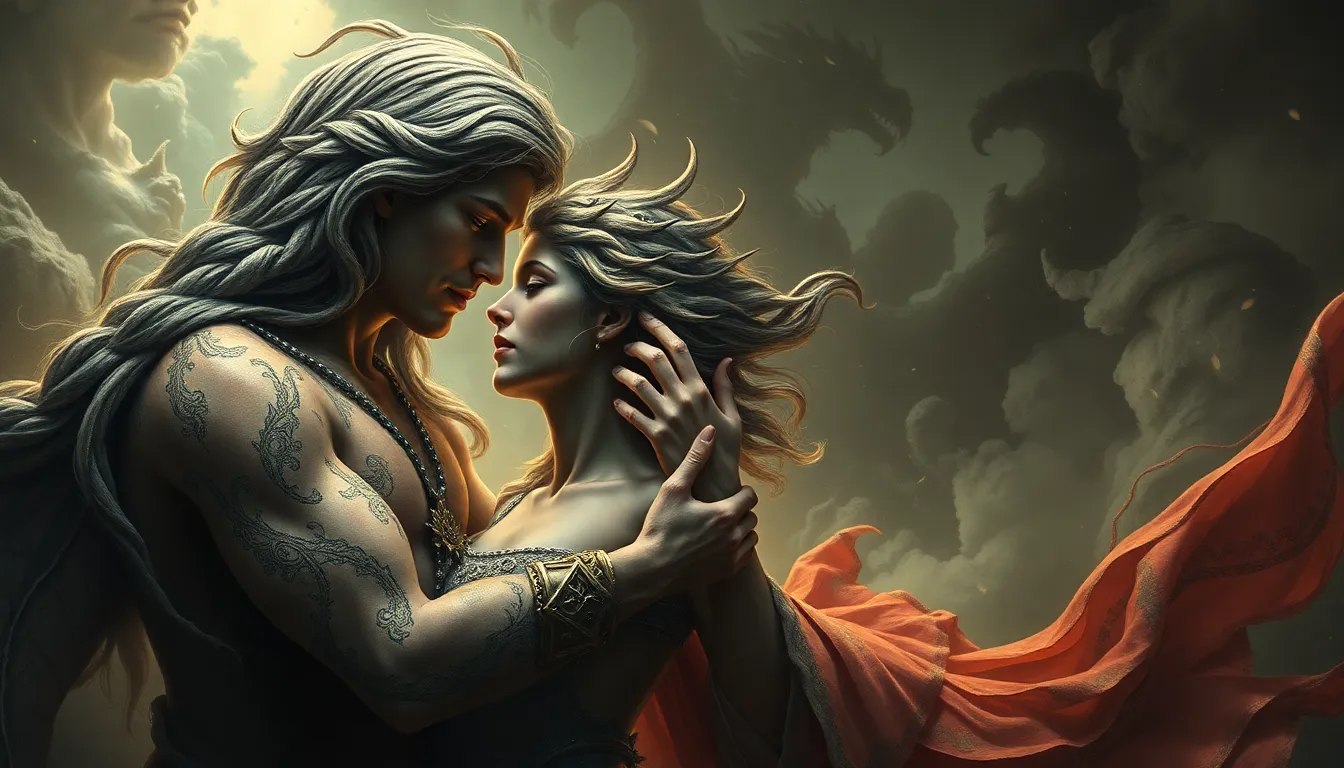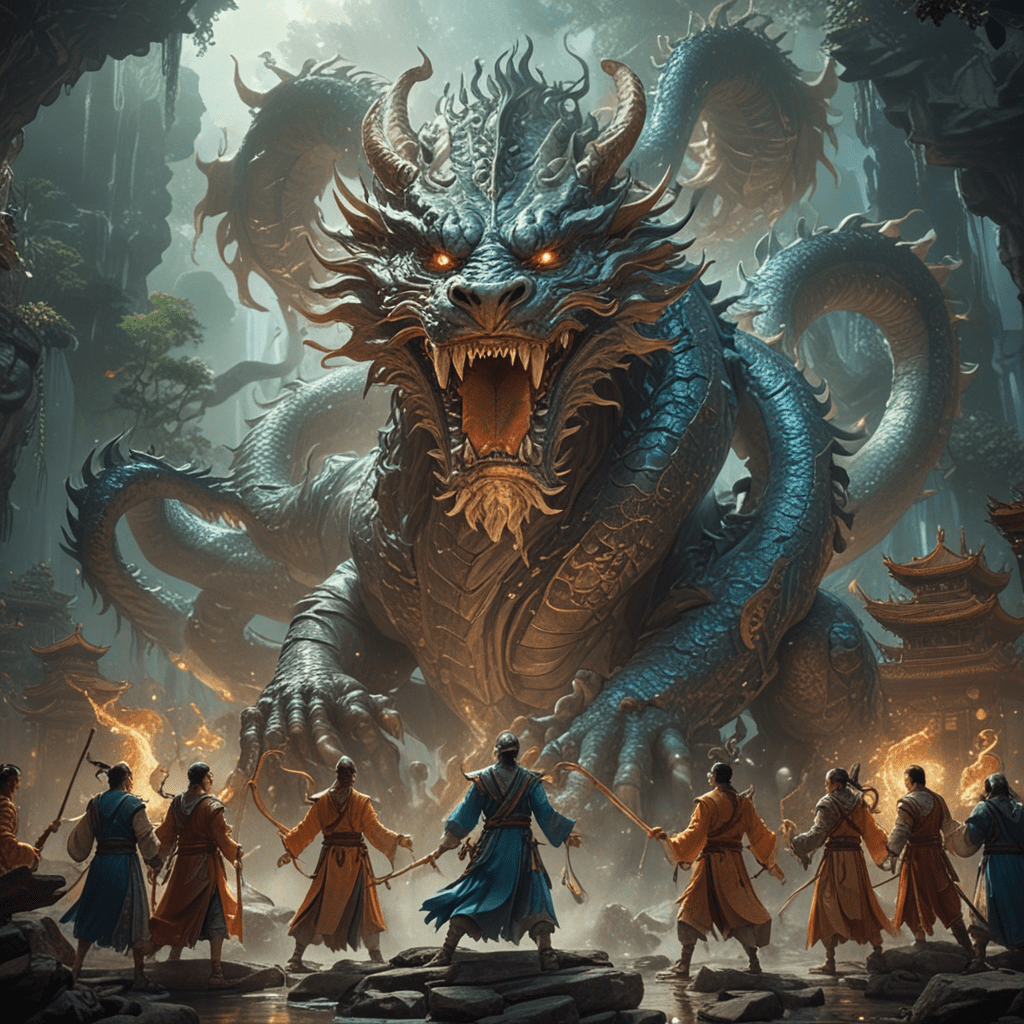Doomsday Myths: The Legends That Inspire Fear
Introduction to Doomsday Myths
Doomsday myths encompass a range of beliefs and narratives that predict catastrophic events leading to the end of the world. These myths often invoke fear, inspire action, or serve as cautionary tales about the consequences of human behavior. Historically, they have been relevant in shaping cultures, guiding moral conduct, and influencing societal norms.
The psychology behind these myths is complex. They tap into primal fears of the unknown and the inevitable, reflecting humanity’s struggle to make sense of existential threats. By exploring doomsday myths, we gain insight into human nature and our collective psyche.
The Origins of Doomsday Beliefs
Doomsday beliefs can be traced back to ancient civilizations, where cultures often had their own end-of-world predictions. These beliefs were typically tied to religious or cosmological events.
- Ancient Civilizations: The Sumerians, Egyptians, and Greeks had their own interpretations of cataclysmic events, often tied to displeased gods or celestial phenomena.
- Religious Texts: Major religions contain prophetic elements. In Christianity, the Book of Revelation describes an apocalypse, while Hinduism speaks of cycles of creation and destruction, such as the Kali Yuga.
- Cultural Influences: Myths have adapted over time, influenced by societal changes, technological advancements, and environmental contexts.
Famous Doomsday Predictions Throughout History
Throughout history, numerous doomsday predictions have captured public attention. Some notable examples include:
- Y2K: The transition to the year 2000 sparked fears of a technological collapse, leading to widespread preparation and anxiety.
- Mayan Calendar 2012: Predictions based on the Mayan calendar led many to believe that the world would end on December 21, 2012, resulting in media frenzy and cultural speculation.
These predictions often elicited significant societal responses, from preppers stockpiling supplies to widespread media coverage. The impact of doomsday predictions on culture is profound, as they permeate literature, film, and art, creating a shared narrative of fear and anticipation.
Modern Doomsday Scenarios
In contemporary society, new doomsday scenarios have emerged, shaped by current global issues:
- Climate Change: The threat of environmental collapse looms large, with rising sea levels, extreme weather, and biodiversity loss posing existential risks.
- Nuclear Threats: The possibility of nuclear warfare remains a concern, with geopolitical tensions raising fears of catastrophic conflict.
- Technological Risks: Advancements in artificial intelligence and biotechnology present new ethical dilemmas and potential dangers that could impact humanity’s future.
The Role of Media in Propagating Doomsday Fears
The media plays a crucial role in shaping public perception of doomsday scenarios. Films, literature, and news outlets often amplify narratives of apocalypse:
- Sensationalism: The phenomenon of clickbait and sensational headlines can distort public understanding, driving fears of imminent disaster.
- Social Media: Platforms like Twitter and Facebook facilitate the rapid spread of doomsday narratives, contributing to collective anxiety and misinformation.
As a result, the impact of media on public perception can lead to heightened hysteria, influencing behavior and societal norms.
Psychological Impact of Doomsday Myths
The psychological effects of doomsday myths are significant, often leading to increased fear and anxiety:
- Mental Health: Persistent fears of apocalypse can contribute to anxiety disorders and other mental health issues.
- Apocalyptic Thinking: This mindset can distort one’s worldview, leading to pessimism and a sense of helplessness.
- Coping Mechanisms: Some individuals may engage in preparedness activities, while others may seek community support to navigate their fears.
The Cultural Significance of Doomsday Myths
Doomsday myths hold cultural significance, shaping identities and values within societies:
- Cultural Identity: These myths often reflect cultural fears and aspirations, serving as a lens through which societies understand their place in the world.
- Folklore and Storytelling: Legends and stories about the end of the world have been passed down through generations, continuing to influence modern narratives.
- Art and Literature: Doomsday scenarios are prevalent in art and literature, exploring themes of despair, hope, and resilience.
Doomsday Preppers and the Survivalist Movement
The rise of the survivalist mentality has emerged as a response to doomsday fears:
- Prepper Culture: Individuals known as “preppers” actively prepare for potential disasters, stockpiling food, water, and supplies.
- Community Aspects: Prepper communities often form networks for sharing knowledge, resources, and skills related to survival.
This movement reflects a desire for autonomy and self-sufficiency in an unpredictable world.
Debunking Doomsday Myths: Science vs. Speculation
As doomsday myths proliferate, it is essential to critically examine these predictions:
- Scientific Approaches: Understanding potential global crises through scientific research and data can provide clarity and counteract fear-based narratives.
- Promoting Rational Thinking: Encouraging critical thinking and informed discourse can help society navigate the complexities of doomsday scenarios.
Conclusion: The Future of Doomsday Myths
As the world evolves, so too do doomsday myths. These legends will continue to reflect our fears, values, and aspirations. It is crucial to approach these narratives with a critical mindset, recognizing their cultural significance while promoting rational discourse. Ultimately, understanding the origins and implications of doomsday myths can empower individuals and communities to face the uncertainties of the future with resilience and hope.




